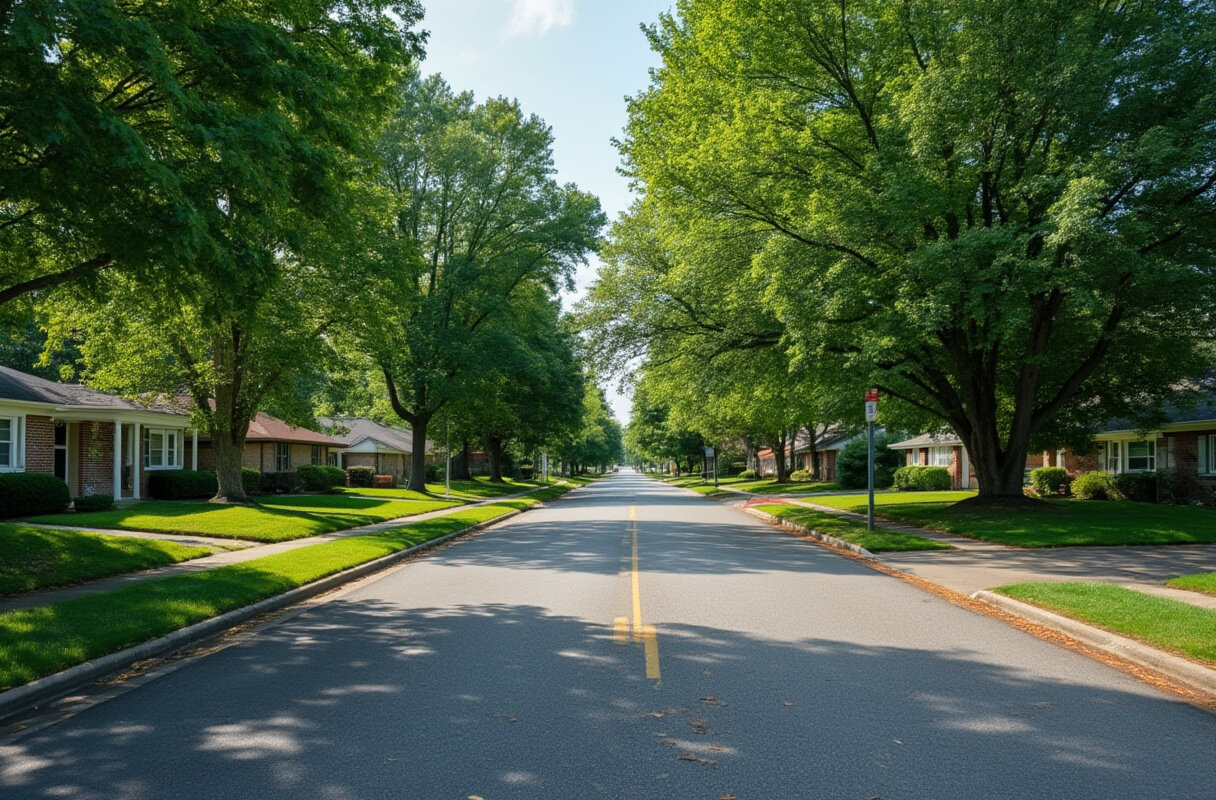Navigating Kentucky Squatters Rights

There are several reasons Kentucky homeowners may want to know the details of state laws surrounding squatters rights in Kentucky. What happens if you buy a home only to find that someone has been “squatting” in it for several weeks and getting mail sent there? What happens if you buy a foreclosed home where someone has been there illegally for only a few days?
As it turns out, there are laws in Kentucky that specifically describe what side of the law is upheld in these scenarios. Read on to learn about squatters‘ rights in Kentucky, as well as how you can legally evict a tenant in the state of Kentucky. We’ll be navigating Kentucky squatters’ rights. And we’ll dive into the Kentucky Adverse Possession Laws and what they mean for “squatters”.
If you don’t want to deal with the hassle of bad tenants and are open to an offer, fill out the simple form below! Continue reading to learn more about local Kentucky real estate laws.
Get Your Offer!
We buy houses As-Is in ANY CONDITION. There are no commissions or fees and no obligation whatsoever. Start below by giving us a bit of information about your property or call (502) 706-6876..
What Are Squatters Rights?
Squatters rights in Kentucky show up in multiple forms. In some cases, it’s not as simple as a trespasser on the property. These rights also arise in rental scenarios. Such is true when a landlord wants to evict a tenant, and the tenant claims squatters rights in Kentucky.
Trespassing Squatters in Kentucky
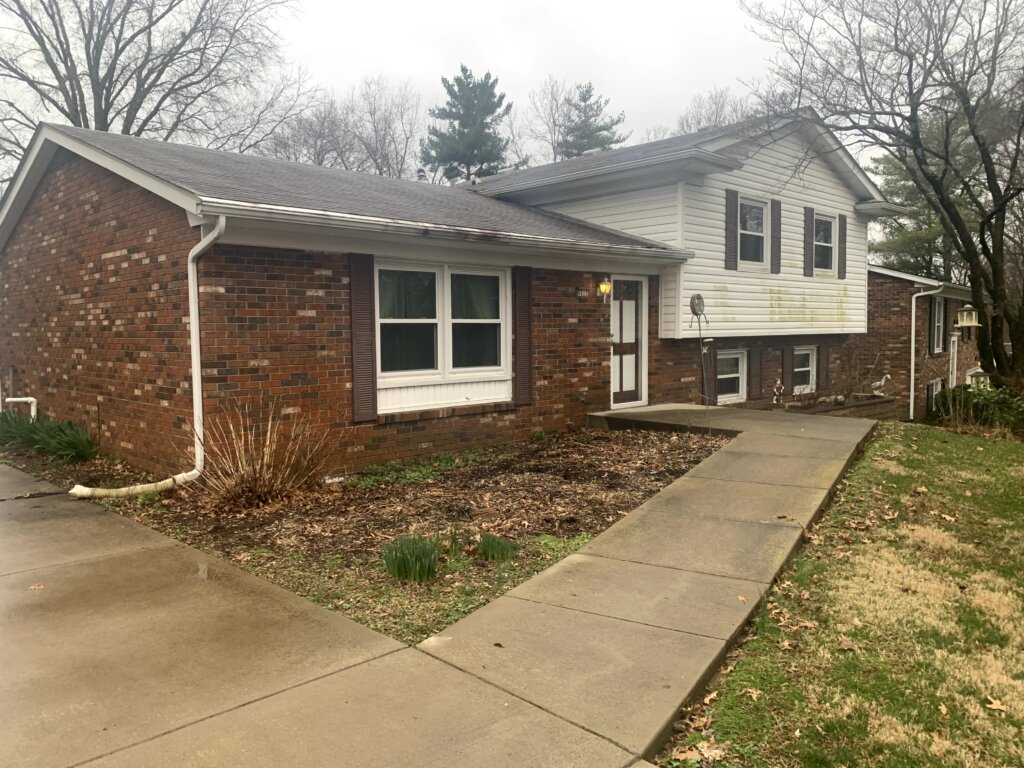
The following individuals could claim squatters rights in Kentucky if they occupy:
- A foreclosed residential building or piece of land without legal permission
- An abandoned residential building or piece of land without legal permission
- An unoccupied residential building or piece of land without legal permission, abandoned, or otherwise unoccupied residential building or piece of land without legal permission to do so
So, without paying rent or owning the property themselves, a squatter may legally remain in residence. However, landlords and homeowners often resort to eviction when they find themselves in this type of situation. When this is the case, squatters must meet Kentucky’s Adverse Possession Laws to avoid eviction. Squatters must also not perform illegal acts, claiming they have a right to be there.
Type of Squatter: Holdover Tenants
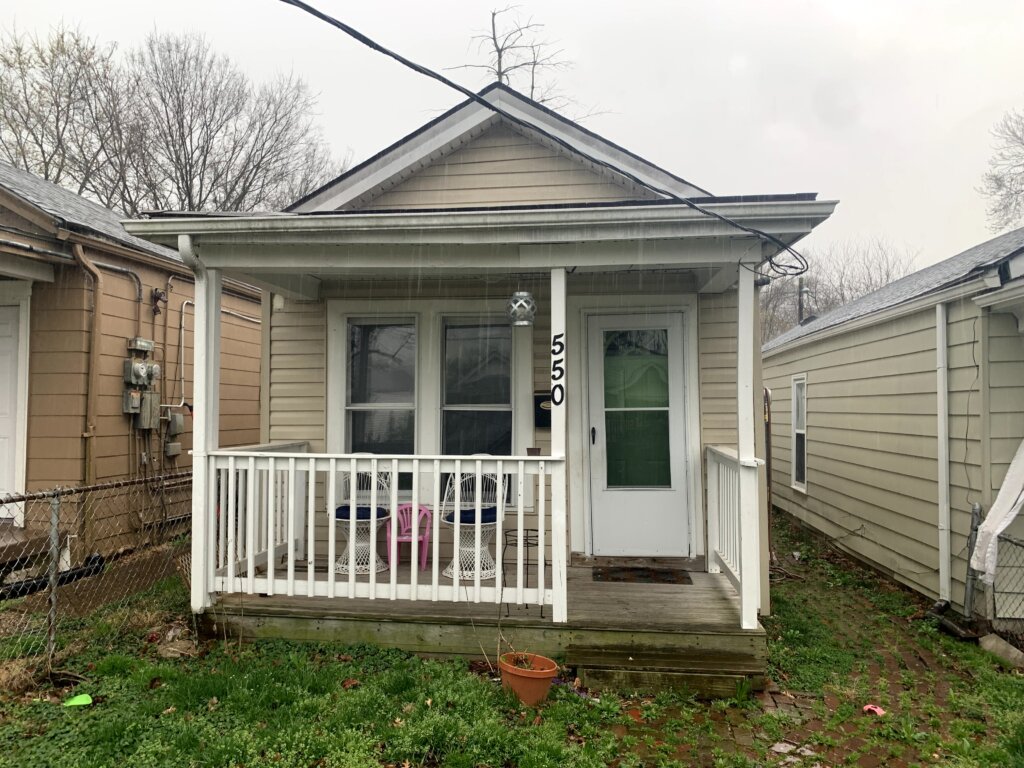
Did you know tenants occupying a rental can also claim squatters rights in Kentucky? This type of Kentucky squatter is a holdover tenant. Holdover tenants are persons who do not leave their rental after the lease has ended. While the legal contract may be over, the landlord technically can accept rent payments from these “squatters” if the terms stay the same.
The thing about this, though, is that landlords have most of the power. A landlord keeping holdover tenants can legally evict them. As opposed to squatters who reside on unoccupied land or residential property, the holdover tenant may not use the Adverse Possession Law in their favor. If they don’t leave upon eviction, they may get criminalized for trespassing.
Kentucky Adverse Possession Laws
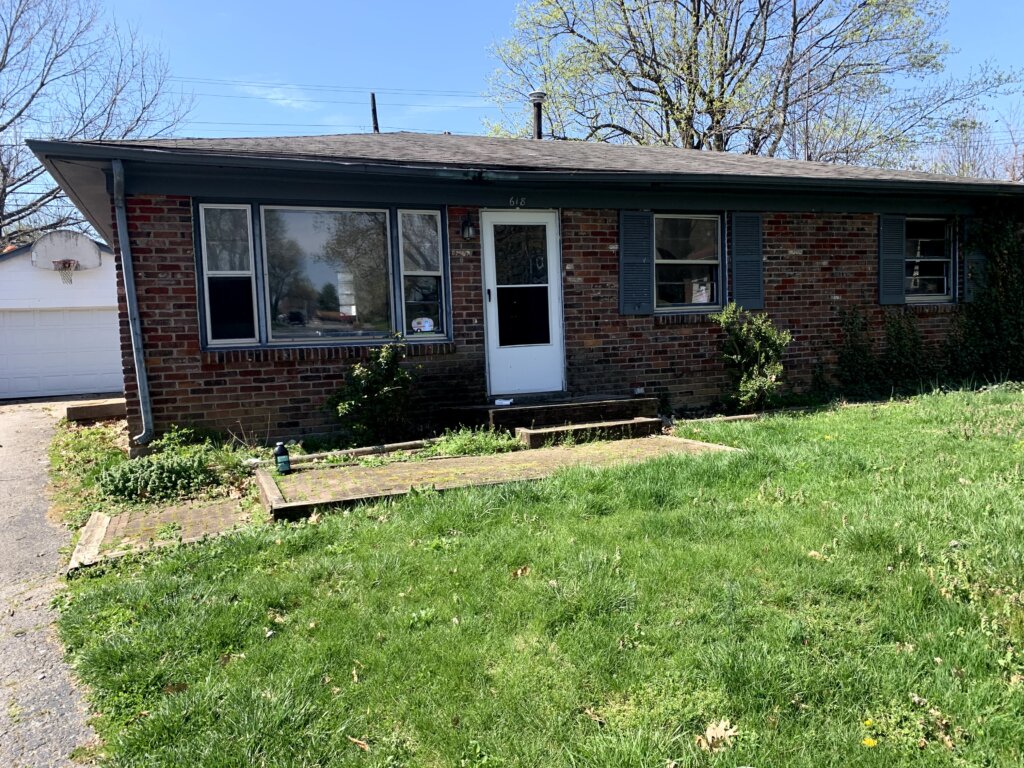
To understand Adverse Possession Laws, we must first acknowledge how society understands real estate ownership. In general, most people see ownership in a straightforward manner. They buy a house when they want to. Additionally, when they plan to sell a house in Kentucky, they expect a simple process. If you bought the house and the mortgage is under your name, then it’s yours, even if it’s currently on the market for sale or you don’t live there. Sounds pretty logical, right?
This is what you would think, naturally. In certain US states, there are laws called Adverse Possession Laws that dictate the legality of trespassers inhabiting someone else’s home. These laws are older laws, and their original intention was to motivate property owners to closely maintain and keep up their property. In essence, these Adverse Possession Laws uphold the legitimacy of squatter’s rights in Kentucky in certain scenarios.
Conditions that Confirm KY Squatters Rights
In Kentucky, specifically, Adverse Possession Laws state that trespassers can claim “squatter rights” if they meet certain conditions. These conditions are quite steep, though, and they mean the trespasser would have to be present for years and actively maintain or improve the property.
Take a look at the law’s exact conditions below that, if met, would determine a trespasser’s ownership of the property (Kentucky Revised Statutes 413.010, et seq: Actions Relating to Real Property).
- The trespasser must occupy the property for a minimum of 15 years (7 years with the color of title), AND
- There must be a hostile claim (i.e. the trespasser made an honest mistake, merely occupied the land, or was aware of their trespassing), AND
- The trespasser must not be doing so in secret, AND
- The trespasser must be consistently present on the land and treating it as their own, AND
- The trespasser cannot share the land or property with others.
When Squatter Rights Don’t Hold Up
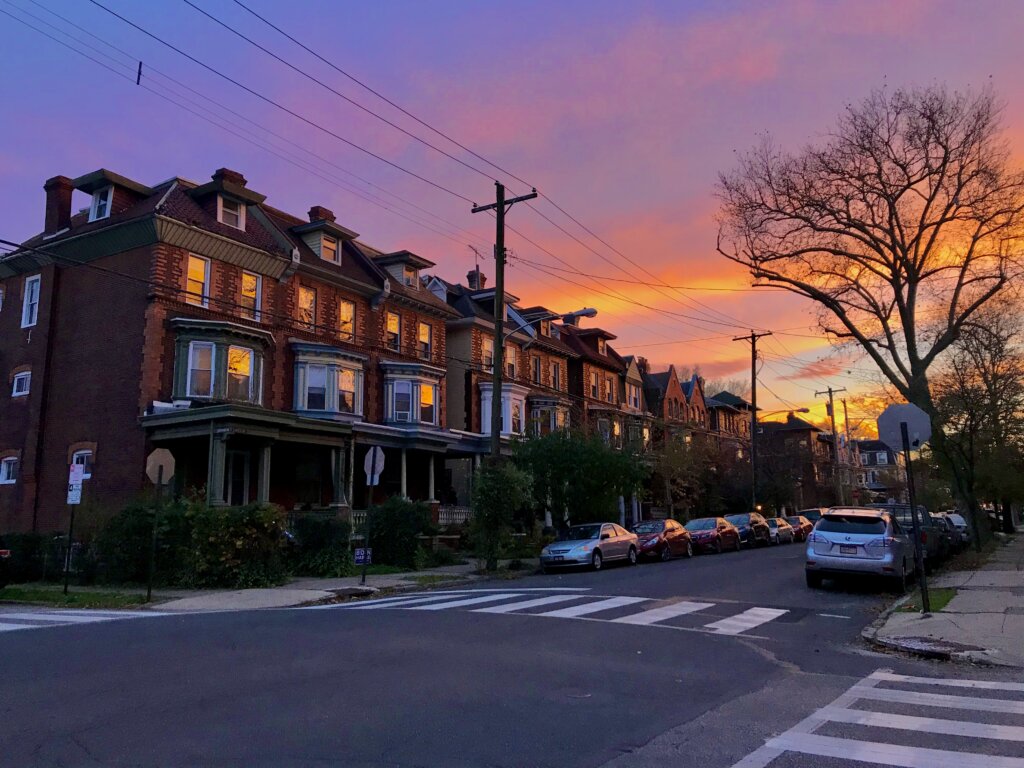
There are several scenarios in which a trespasser or squatter can get in trouble for trespassing. It’s a tricky line they cross, but if they aren’t careful, you can arrest them for trespassing. For example, squatters may try to falsify information, such as fake documents claiming a right to be on the property. This type of action is illegal.
When navigating Kentucky squatters rights, we find that it’s common for squatters to make this mistake. Further, a squatter may try to hold up in the court of law against an eviction notice. However, they may not meet all of the conditions of the Adverse Possession Laws. In that case, they can and will get arrested as criminal trespassers.
This is why paying attention to all actions of the squatter is extremely important. It’s easy to get tired of fighting them, sell your house as is, and walk away from everything. If you are trying to evict them or reclaim your property in Kentucky from them, you need to know your rights, too. Luckily, in Kentucky, 15 years is a lengthy condition to meet. You’ll find that it is difficult for squatters to meet the Adverse Possession Law.
How to Evict a Tenant in Kentucky
When navigating Kentucky squatters rights, you need to also know how to get rid of squatters if you’re a landowner. Getting rid of them is of course a task that landlords and property owners dread. However, the time will come eventually. And your best bet is usually to learn how to evict a tenant.
Eviction is a complicated process, though. So, we’ve tried to outline it here. When it comes to Kentucky state law, landowners must formally file an eviction with the court. Unless the landowner or landlord has a disability, the eviction process is as follows.
Regular Eviction Processes

In Kentucky, landowners must serve the eviction with a 7-day notice requesting them to pay rent. Because the landowner gets to decide the amount of rent that must get paid, it’s not likely that the squatter will be able to pay.
As a result, the formal eviction can get filed in court. And once this happens, the landowner hopes that the squatter won’t legally contest the eviction to merely lengthen their stay.
What you may not know about how to evict a tenant, though, is that it is up to the court to remove the squatter. The landowner cannot do anything to the property to remove the squatter. They must wait for the court to place an order for squatter removal from your property. At this point, the eviction will be complete.
Eviction Processes for Landowners with Disabilities
When navigating Kentucky squatters rights, we must also account for individuals who are incapable of checking in on their property. An unoccupied property is a big way that squatters appear in the first place. So, it makes sense that individuals who are physically or mentally incapable of checking on their property would end up with squatters. These landowners have a legal disability.
Landowners with a known disability have different terms to follow for how to evict a tenant. The following conditions confirm a person with a legal disability that excludes them from regular eviction processes. If the landowner meets one of these conditions, they can then wait until three years after their legal disability gets lifted to refute the squatter’s Adverse Possession claim in court.
- They are still a minor,
- legally incompetent,
- or imprisoned
When Is it Worth it to Not Evict?

Navigating Kentucky squatters rights isn’t too difficult. However, landowners who act on them and try to evict may find they can’t afford the time it takes. This is where we find that some cases don’t require eviction. Individuals who are wanting to sell their property and avoid the eviction process can actually sell without evicting.
You can sell a house or residential property “as is”. This means that you can sell it with the tenants still residing. You would normally do this if you are selling to a local home buyer who will gladly take the tenants. In this way, you avoid the sometimes lengthy and complicated eviction process and don’t have to worry as much.
Your Next Move
Squatters rights vary from state to state throughout the US, with some states putting more stringency on the terms. Squatters rights in Kentucky have steeper legal conditions, which is good news for landowners.
Navigating Kentucky squatters’ rights actually isn’t too difficult, though. You just need to ensure that as a landowner, you are aware of the Adverse Possession Laws in Kentucky, as well as the terms for how to evict a tenant.
Contact Us
We would love to hear from you! Please fill out this form and we will get in touch with you shortly.
Other Articles of Interest?
A Hoarders House – How Much Does It Cost To Clean?
Getting Cash For Houses In Louisville, KY – Is It Possible?
Fire Damaged Houses in Kentucky – Can They Be Sold?

